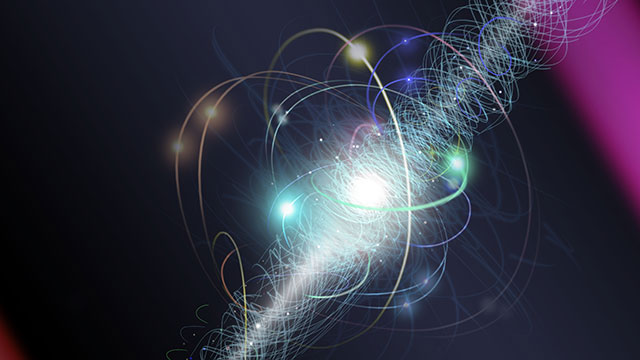KIEL, Germany – For the first time, physicists at Kiel University in Germany managed to film the instant ultrafast conversion of light energy into heat energy by electrons in graphite, Science Daily reported.
To do so, the German researchers at the Institute of Experimental and Applied Physics at Kiel University (CAU) irradiated graphite with an intense, ultrashort light pulse and filmed the impact on the behavior of electrons within a time period as fast as 13 femtoseconds.
Building on Muslim Breakthrough
When light hits a material, it stimulates electrons energetically for a fraction of a second, before they pass the energy back into the environment.
Because of their extremely short duration of a few femtoseconds — a femtosecond is one quadrillionth of a second — these processes have hardly been explored to date.
That’s why the Egyptian Muslim scientist Ahmed Zewail was awarded the Nobel Prize for Chemistry in 1999 for succeeding in studying the chemical reactions across femtoseconds.
The brilliant Muslim chemist used a rapid ultrafast laser technique (consisting of ultrashort laser flashes), which can describe reactions on very short time scales – short enough to analyze transition states in selected chemical reactions.

Inside Tiny World
A special camera filmed how the light energy introduced is distributed through the electron system.
In fact, graphite was specifically used due to its simple electronic structure. In the experiment, the impacting Photon particles of light disturbed the thermal equilibrium of the electrons.
After impact, the camera filmed the behavior of the electrons, until a balance was restored after about 50 femtoseconds.
The film allowed the team to observe the irradiated electrons which absorbed the light energy of the photons and thereby transformed it into electrical energy.
Surging Organic Light-Emitting Diodes
